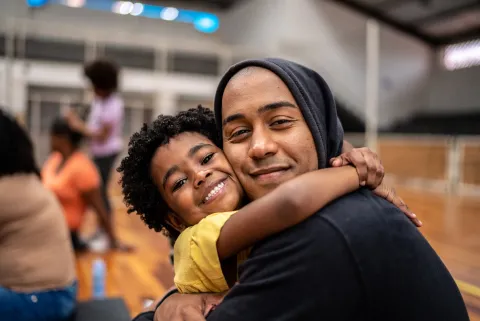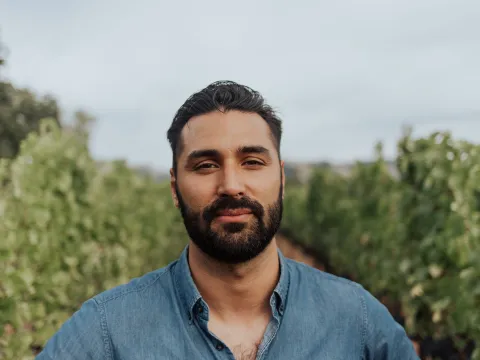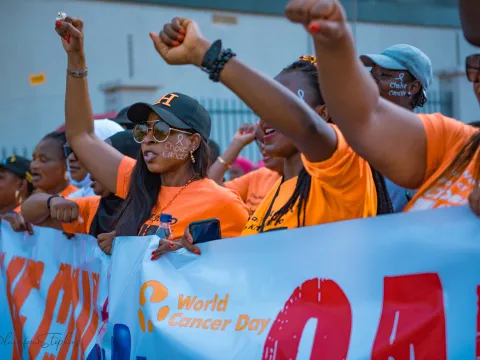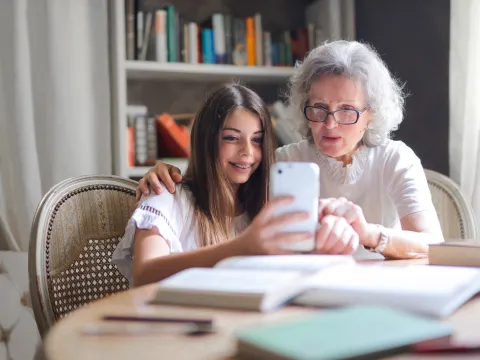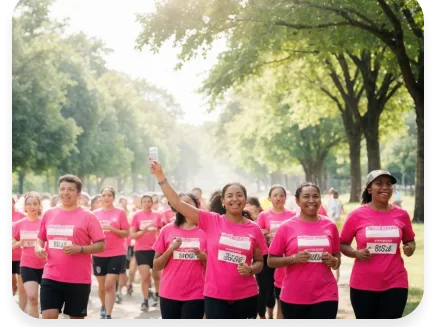People living with cancer don’t always feel heard, seen, or understood. They might feel alienated and voiceless at a time when they’re also learning to navigate an unfamiliar and confusing health system, not to mention dealing with the emotional highs and lows of cancer diagnosis, treatment, or recovery.
People-centred cancer care represents an opportunity to refocus, rewire, and rewrite how we think about cancer, to embrace people’s differences, and to make sure that everyone is seen for who they really are and has access to the care they need.

